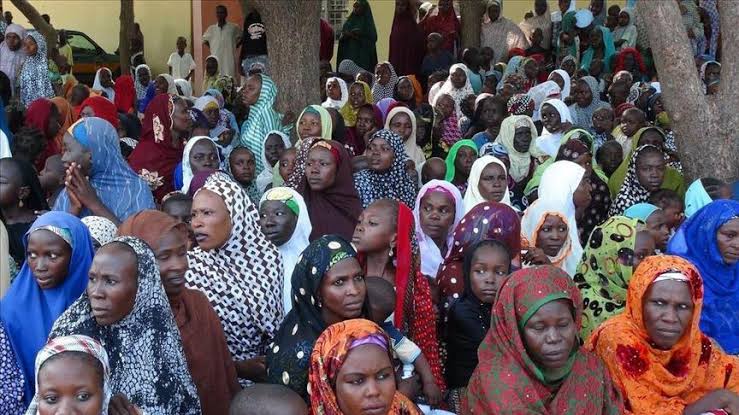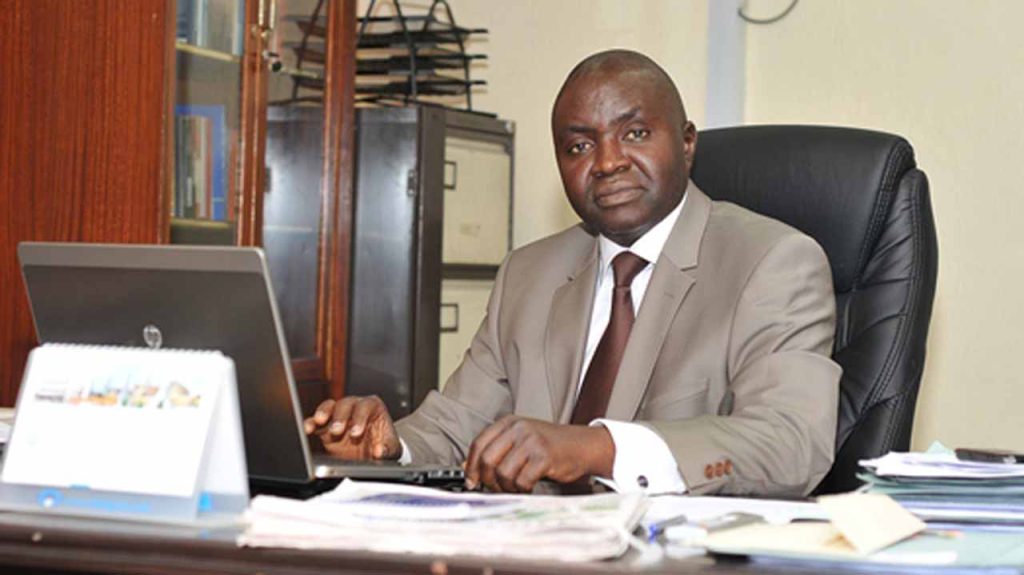Liberian President Joseph Boakai has announced a significant 40% reduction in his annual salary, cutting it from $13,400 to $8,000 per year. This bold move aims to address the growing public scrutiny of government salaries and widespread discontent over the rising cost of living in Liberia.
A statement from President Boakai’s office expressed hope that this decision will set a precedent for “responsible governance” and demonstrate “solidarity” with the people of Liberia. This action mirrors a similar gesture by his predecessor, George Weah, who reduced his salary by 25%.
Public reactions to the pay cut have been mixed. Some citizens praise the move as a step towards responsible leadership, while others question its significance, noting that the president still receives various benefits, including a daily allowance and medical coverage.
Anderson D. Miamen, from the Centre for Transparency and Accountability in Liberia, described the pay cut as “welcoming.” He expressed hope that the public would see how the deducted funds are used to positively impact people’s lives.
W. Lawrence Yealue II, an advocate for government transparency, called the decision “commendable” and emphasized that leadership reforms should start at the top. He also suggested that President Boakai’s benefits should be reviewed in the next budget.
President Boakai has also pledged to empower Liberia’s Civil Service Agency to ensure fair compensation for public servants. This pledge follows protests by lawmakers who, having not received their official cars, arrived at parliament in tricycles, known locally as keh-keh, a common mode of transport for many Liberians.
Since taking office in January after defeating George Weah in a run-off election, President Boakai has focused on combating corruption and financial mismanagement. He has declared his assets and ordered an audit of the presidential office, with results pending. Additionally, he has strengthened the General Auditing Commission and the Liberia Anti-Corruption Commission.



